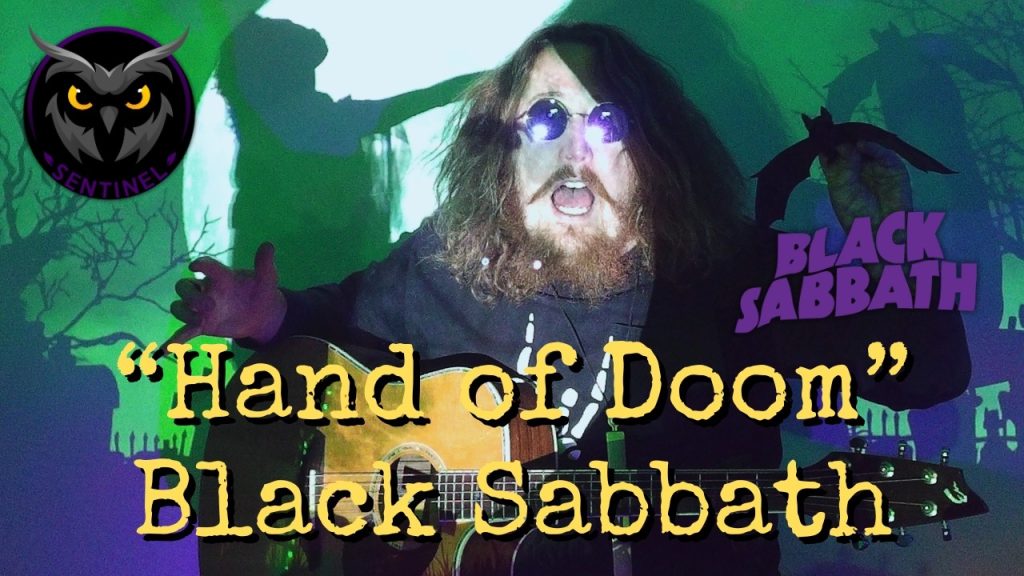In the fitness world, motivation can often be the toughest hurdle to overcome. But one trainer has recently caught widespread attention for his ingenious blend of humor and intensity, proving that sometimes the best way to push clients past their limits is through laughter.
Across gyms and social media feeds in 2024, a growing number of fitness enthusiasts are raving about a motivational coach whose unique methods are turning workouts into both a challenge and a comedy show. His approach combines unrelenting encouragement with witty quips and playful banter, ensuring clients leave not only physically drained but emotionally uplifted.
“He knows exactly how to push us to sweat while making us laugh like never before,” one client shared, reflecting a sentiment echoed countless times online. Videos capturing these sessions routinely go viral, with viewers amused by the contrast between stern workout discipline and humorous interactions.
The coach’s philosophy hinges on the idea that motivation should be both effective and enjoyable. Instead of relying solely on traditional tough-love techniques or strictly regimented drills, he injects moments of levity into every session. For example, clients might find themselves doing burpees while exchanging playful roasts or squatting to the beat of unexpected dance tracks he spontaneously breaks into.
Experts in sports psychology back this kind of approach, noting that laughter triggers the release of endorphins—natural feel-good chemicals—while reducing stress and increasing pain tolerance. This creates a positive feedback loop that helps athletes push through discomfort and build resilience.
Moreover, the blend of humor and challenge fosters a sense of community in group sessions, where camaraderie becomes another motivating factor. Outlets for social connection — combined with the physical exertion — can significantly boost adherence to fitness programs and encourage long-term lifestyle changes.
Some of the coach’s signature techniques have even inspired other trainers nationwide. From colorful “roast rounds” where clients lovingly tease each other’s workout quirks to surprise challenges announced with comedic flair, his style proves that motivation needn’t be all grim determination.
With fitness culture often portrayed as intensely serious, this lighter, human-centered approach is a breath of fresh air. It respects the hard work required to get results while acknowledging clients as whole people who benefit from joy as much as discipline.
As more people seek ways to stay committed to health goals amid busy and stressful lives, trainers like this one demonstrate that effective coaching can be as much about emotional connection as physical regimen. After all, when motivation leads to smiles as well as sweat, success is all the more rewarding.



